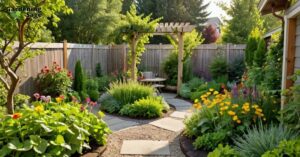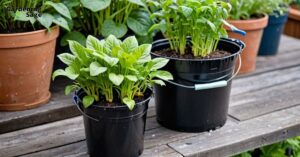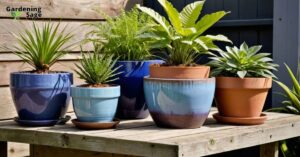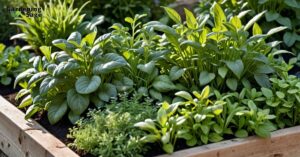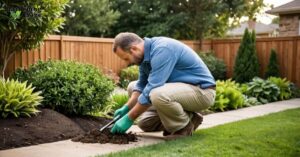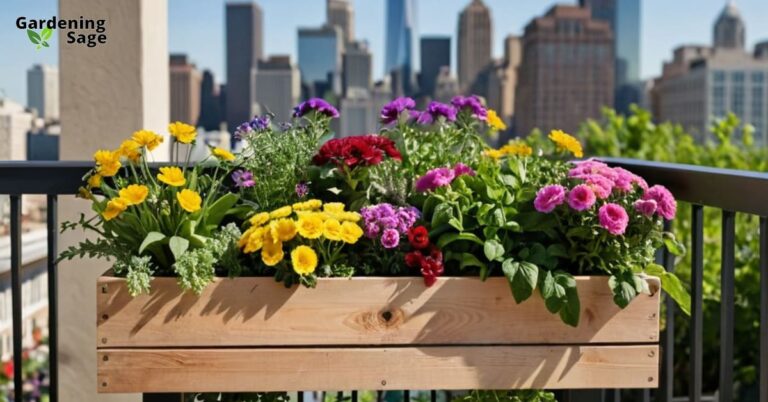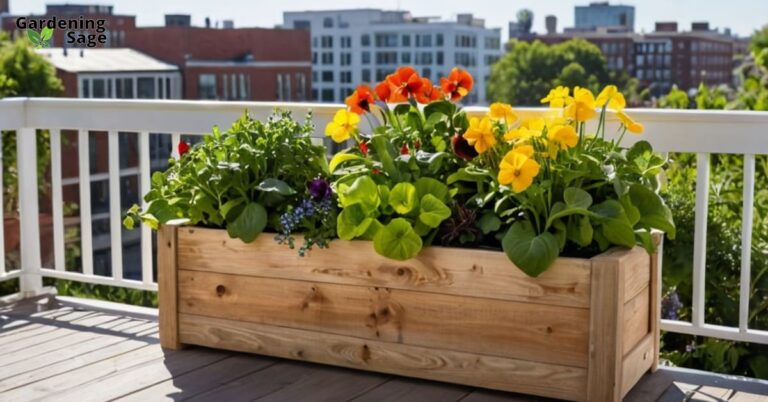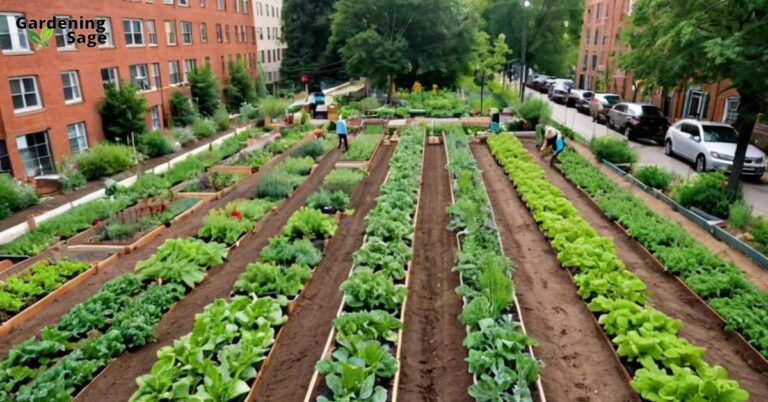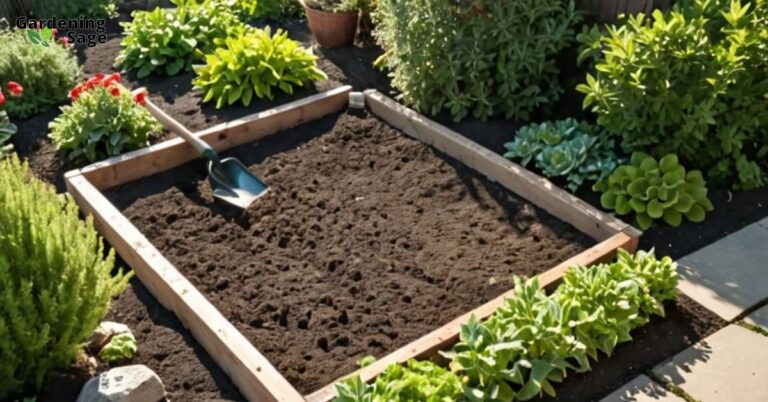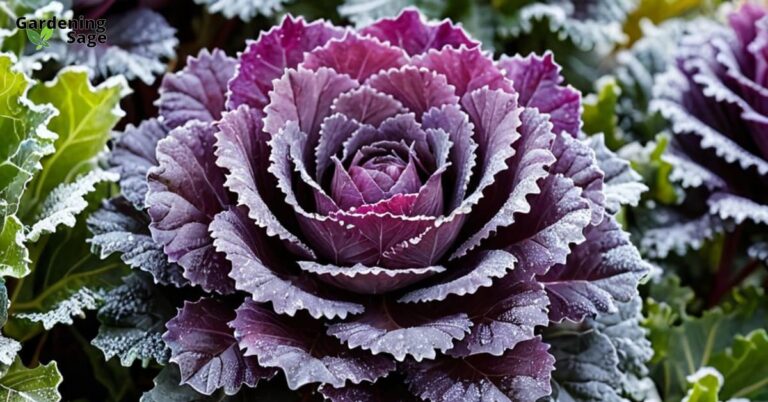Securing Your Flower Garden with Fences
For flower gardeners, the sight of a well-maintained garden filled with vibrant blossoms is a source of immense joy and pride. However, maintaining such beauty is not without its challenges. Keeping your beautiful blossoms safe can be a top concern for any avid gardener. From hungry critters looking for a meal to harsh weather conditions that can wreak havoc on delicate petals, there are many potential threats to the well-being of your floral haven. One of the best protective measures you can take is installing fencing around your flower beds and borders. A well-considered fence serves not only as a barrier against unwanted intruders but also as an aesthetic enhancement to your garden’s overall appeal.
Fencing Options for Flower Gardens
When choosing fencing for your garden, it’s important to consider both aesthetics and functionality. The right fence should complement the beauty of your flowers while providing the necessary protection. Wrought iron, wood, vinyl, and wire mesh are popular fencing materials, each with their own benefits and distinctive looks.
- Wrought iron fencing provides an elegant, decorative look while being durable and critter-proof. Its classic design can add a touch of sophistication to any garden, and with the right care, it can resist rust and corrosion for many years.
- Wooden picket fences offer a classic, natural style and can deter animal intruders. They blend seamlessly with the garden environment and can be painted or stained to match your home or garden theme.
- Vinyl fencing is low-maintenance, resists weathering, and comes in various decorative designs. It’s an excellent choice for gardeners who want a fence that looks great without requiring frequent upkeep.
- Welded wire mesh fencing is an affordable option commonly used as a trellis for climbing plants. It provides functional support for your plants while also protecting your garden from smaller animals.
Each material offers a unique set of characteristics that can cater to different gardening needs and styles. For instance, wrought iron is perfect for those who value longevity and a timeless look, while wood offers a more traditional and rustic charm. Vinyl is ideal for those who prefer a modern touch and minimal maintenance, and wire mesh is suited for practical gardeners focused on utility and budget-friendliness.
Key Considerations for Installation
Proper installation ensures your garden fence provides optimal protection and stands the test of time. Here are key factors to consider when planning your garden fence installation:
- Fence height – Aim for a fence that is 4-5 feet tall to deter most wildlife, such as rabbits, deer, and other common garden intruders. This height is typically sufficient to prevent animals from jumping over while still allowing you to enjoy the view of your garden.
- Post depth – Posts should extend 2-3 feet underground for sturdiness. This depth helps to anchor the fence properly and prevent it from toppling over in strong winds or under pressure from animals.
- Gate location – Place gates where convenient for you to access your garden, but also consider the flow of traffic and the overall design of your landscape. The gate should be easy to open and close, providing secure entry and exit points.
- Material durability – Select a robust material like steel, cedar, or vinyl that can withstand the elements and the test of time. These materials are known for their strength and resistance to decay, ensuring your fence remains intact and effective for years to come.
Additionally, space posts no more than 8 feet apart to ensure the fence’s stability and strength. It’s also important to check local regulations for fencing requirements, as some areas may have specific rules regarding the height, style, or placement of fences. Consider enlisting a professional fencing company for installation to guarantee that the job is done correctly and to save you time and potential frustration.
Maintenance Tips for Long-Lasting Fences
With regular care, your garden fence can remain functional and beautiful for years, becoming an integral part of your garden’s landscape. Follow these maintenance tips to extend the life of your fence:
- Inspect regularly for damage and make repairs as needed. Look for signs of wear, such as loose boards or rust, and address them promptly to prevent further deterioration.
- Power wash vinyl and PVC fencing to remove dirt buildup. This simple cleaning method can keep your fence looking new and prevent grime from causing long-term damage.
- Seal and stain wood fences annually to protect from weathering. This not only enhances the fence’s appearance but also provides a protective layer against moisture, UV rays, and insects.
- Trim back encroaching vegetation to prevent damage. Overgrown plants can put pressure on your fence and lead to structural issues, so it’s important to keep the area around the fence clear.
By investing in secure, well-installed fencing and keeping up with maintenance, you can protect your precious flowers from both animals and harsh elements for seasons to come. A well-maintained fence not only secures your garden but also contributes to the overall beauty and value of your property. It’s a worthwhile investment that pays dividends in the form of a thriving, vibrant garden that you and others can enjoy.


